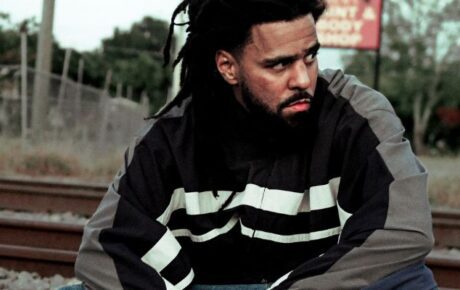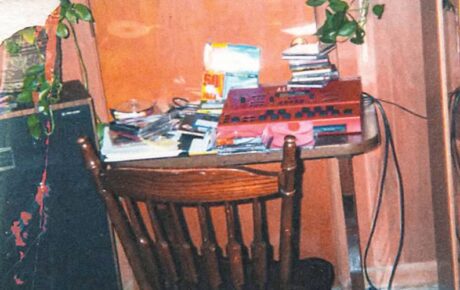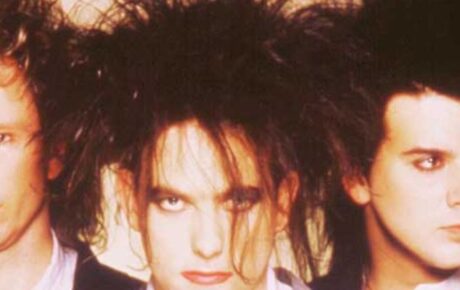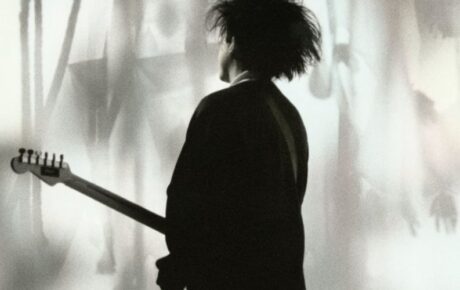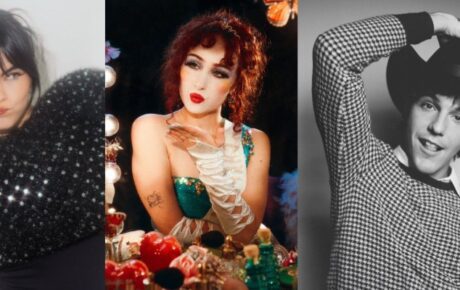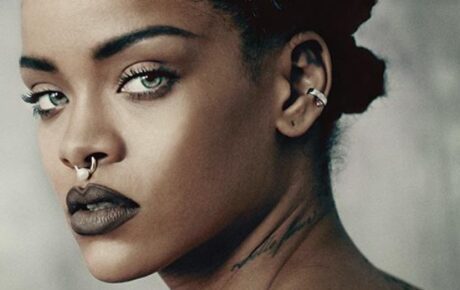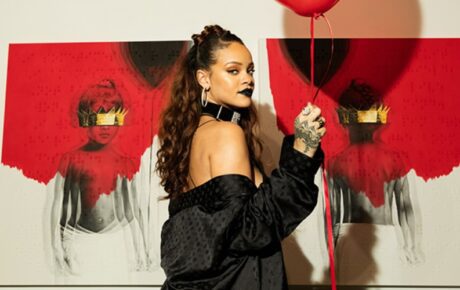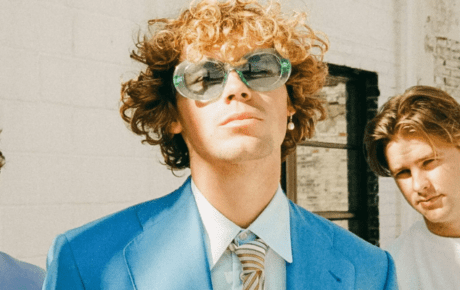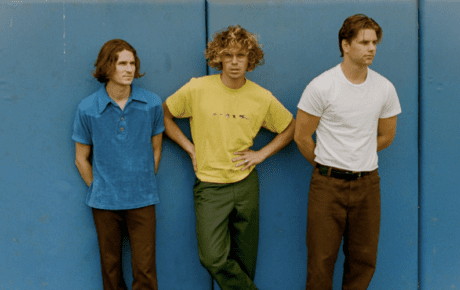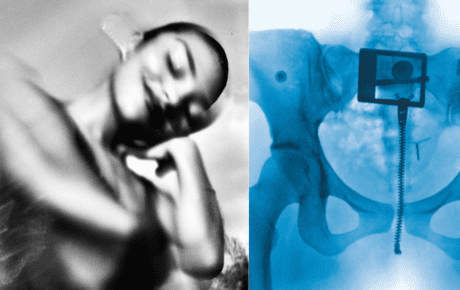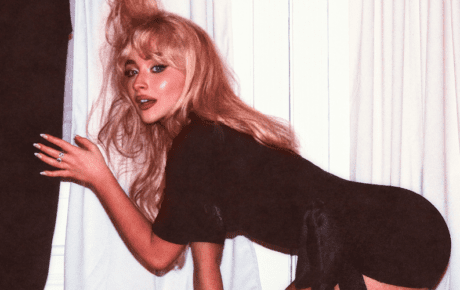Lorde’s debut album, ‘Pure Heroine’, is full of pop songs that play like critiques of pop songs. Its dark, minimalist sound recalibrated pop music.
Following the release of Lorde’s debut album, on 27 September 2013, it was near impossible to go out into a public setting and not hear ‘Royals’, the smash hit that made Lorde a household name and helped Pure Heroine become one of the biggest records of the year.
Even if you haven’t heard ‘Royals’ in years, it’s likely that just seeing the title has caused its slinky, subdued groove to worm its way back into your mind. There’s not much to the song’s arrangement – finger snaps, a hip-hop beat, a wobbling bass after the first chorus – but it’s enough to get stuck in your head, and it doesn’t distract from Lorde herself, whose deep vocals and sly, self-assured delivery made her one of the most immediately compelling singers since Adele. Clearly, Lorde was onto something, and ‘Royals’ topped the Billboard Hot 100 for nine weeks.
The love club
‘Royals’ was almost a year old when it hit the airwaves. When it was recorded, the ground hadn’t even been broken for Pure Heroine. After a few false starts with other songwriters, Lorde began working with fellow-Aucklander Joel Little, who’d had some success down under as a member of pop-punk band Goodnight Nurse, in December 2011.
Over a three-week period in 2012, the two finished ‘Royals’ and four other songs for Lorde’s debut EP, The Love Club, which was uploaded to SoundCloud later that year. The EP was a success, it was downloaded 60,000 times with virtually no promotion, spurring Lorde’s label to release it commercially. While Lorde and Little were keen to release another EP, it wasn’t long before what they were working on grew into a full-length album.
A jaded commentary
‘Tennis Court’ was one of the first songs that Lorde and Little wrote during these sessions. It’s a perfect opening track to Pure Heroine: a jaded commentary on her burgeoning stardom over an empty electronic beat. Lorde’s first words on the album try to convey a sense of detachment; she says she’s bored, twice, but her self-consciousness starts to show in the next verse as she asks, “How can I f__k with the fun again when I’m known?”
Lorde’s depictions of teenage indifference and celebrity culture, respectively, grow darker (in both sound and lyrics) on ‘Team’ and ‘Glory And Gore’, the latter of which imagines the public arena as a literal arena for entertainers to duel like gladiators. As with ‘Royals’, these are pop songs that play like critiques of pop songs, and they push back against the mainstream and its expectations of a young pop artist. This also extends to the music video for ‘Tennis Court’, which consists of an unbroken shot of Lorde staring unsettlingly into the camera and mouthing the occasional “yeah”.
Embracing adolescence
But some of Pure Heroine’s best moments come when Lorde just lets herself be a teenager. ‘Still Sane’ catches her wondering if her new fame has changed her – and if not if, then when – while the tropical-music-influenced ‘Buzzcut Season’ seeks an escape from all the tragedy and suffering in the world. And then there’s ‘Ribs’, the album’s highlight, which finds Lorde in a moment of clarity at a house party. Amid a gorgeous, blooming instrumental that sounds like it was recorded underwater, she sets the scene in vivid detail – “The drink you spilt all over me/‘Lover’s Spit’ left on repeat” – as she confesses her deep-seated fear of adulthood. When she sings “I’ve never felt more alone/It feels so scary, getting old”, it lands as the most relatable and immediately affecting line on the entire album.
Critics responded favourably to Pure Heroine, with many noting Lorde’s age and the maturity and depth of her lyrics. It was a commercial success, too, selling four million copies worldwide. Some of the biggest musicians in the world took notice: Taylor Swift became a close friend of Lorde’s; Dave Grohl invited her to sing ‘All Apologies’ at Nirvana’s induction to the Rock And Roll Hall Of Fame; David Bowie himself called her “the future of music”. Even South Park ran a good-natured spoof of her, in the process teaching a surprisingly heartfelt lesson about gender identity (well, heartfelt for South Park, at least).
Recalibrating the sound of pop music
But Pure Heroine’s legacy lies in how it recalibrated the sound of pop music. Like The xx before her (who were very likely an influence), Lorde’s dark, minimalist sound was at odds with much of what was going on in popular music at the time: EDM bass drops, relentless dance beats and synthetic production. In the years that followed the album’s release, pop producers would cut back on the glitz and gloss, returning to stripped-down, simpler sounds. Vocalists, too, would start to shy away from belting their words, favouring a quieter and more melodic approach.
Most importantly, however, Lorde and Pure Heroine’s success paved the way for other young women in pop to present alternative, outsider personas – ones that weren’t sexual or provocative. It’s hard to imagine, say, Billie Eilish without Lorde. Just as she declared on ‘Royals’: she craved a different kind of buzz, and she made us crave that buzz, too.
https://open.spotify.com/playlist/37i9dQZF1DX6dG5zUb3q3v?si=c0GjShJqQ4iEEJ1rc4hL5w

